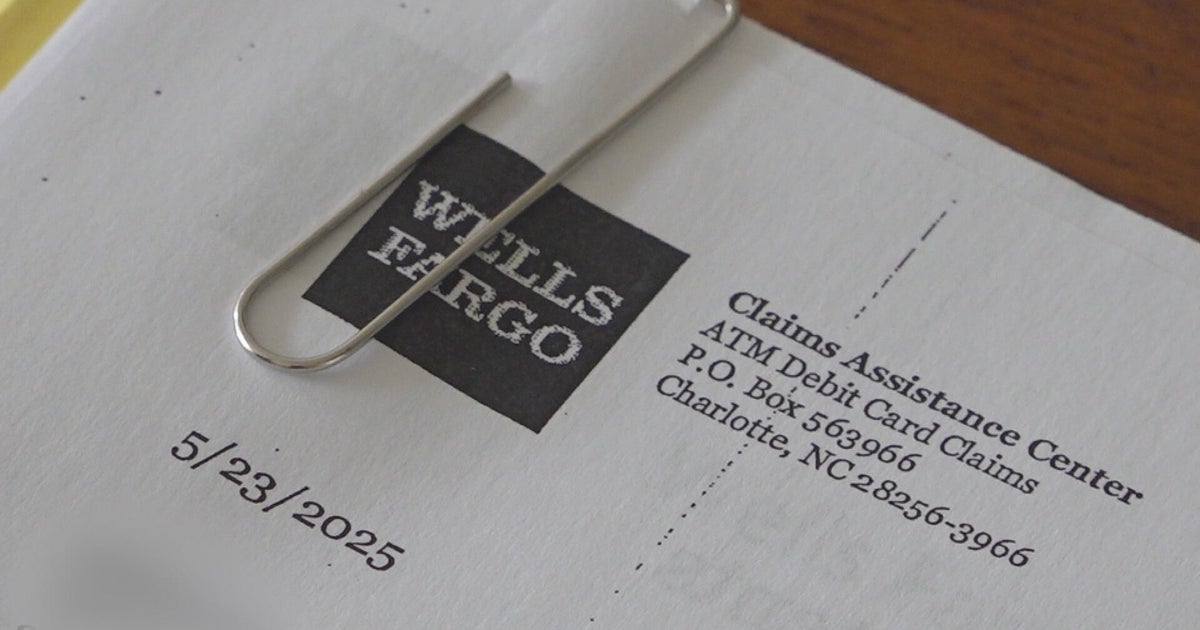Here's when you should — and shouldn't — use autopay for your bills
It can be tempting to set automatic payments for your credit card and other bills, to eliminate the chore of having to manually make payments every month and the possibility that you might forget to pay off an account.
Indeed, autopay options ensure that charges are settled on time and late fees are avoided.
But it's a convenience that comes with trade-offs. For example, you could inadvertently autopay a bill that contains errors, or risk being dinged with overdraft fees if the checking or savings account from where payments are being withdrawn contains insufficient funds.
In other words, "sometimes set it and forget it can be a ticket to overspending," Ted Rossman, senior credit card analyst at Bankrate told CBS MoneyWatch.
Here are the pros and cons of setting bills to autopay, and how to decide when to make manual versus automatic payments, according to experts.
Avoiding late fees
One big benefit to autopay is that typically, this option means you'll never have to pay a late fee.
"You don't have to log in, and you're not at risk of paying late because you forgot, which can lead to late fees and ding your credit score. These are reasons why people like to set up auto payments," Rossman said.
Consistently paying one's bills on time helps build a strong credit score. "It can positively impact your credit score, as payment history is a significant factor in credit scoring models," Michael Hershfield, founder and CEO of savings platform Accrue Savings told CBS MoneyWatch.
It's still wise to log in to your account periodically to make sure a payment was made in case there's a technical glitch, or the card with which you're paying the bill has expired, two scenarios that could result in late fees despite choosing to autopay a bill.
Time saver
Automatically paying bills can reduce the stress of managing different due dates while worrying about missing payments. Another advantage: It saves time.
"You don't have to spend time each month logging in to various accounts and making payments," Hershfield said.
It can be worth it to take advantage of these benefits of autopayment when it comes to fixed rate bills that seldom change.
"The bills that make the most sense to put on autopay are the ones that stay the same every month," Rossman of Bankrate said. "But even there, check in periodically to make sure it did get paid on time and also that something didn't change. Sometimes hidden charges creep up, surcharges get added, or a fee goes up."
Not safe for credit cards
Credit card bills, on the other hand, can fluctuate dramatically month to month, depending on how much you spend. It's important to pay your bill off each month, given the current climate of record-high interest rates.
"Certainly with credit card rates so high, you want to pay your whole bill off if you can to avoid owing interest," Rossman added.
Online shoppers sometimes pay for things that never show up. Other times, fraudsters make unauthorized purchases using others' funds.
- Money Minute: Tips for staying out of credit card debt
- Americans have almost $1 trillion in credit card debt.
- Credit card interest rates hit highest level on record
If you don't review your credit card statement monthly you could accidentally miss, and pay for incorrect or fraudulent charges. Once you've paid for a charge, it's harder to dispute. "It's like trying to get the horse back in the barn," Rossman said.
Fixed-rate bills
Fixed monthly bills for rent, a mortgage, internet or cable, with amounts that don't change are generally safe for autopay, according to Hershfield of Accrue Savings. The same goes for gym memberships, magazine and streaming service subscriptions, for which the amount remains steady, he added. One note of caution is to be cognizant of price hikes, which businesses can implement at any time.



